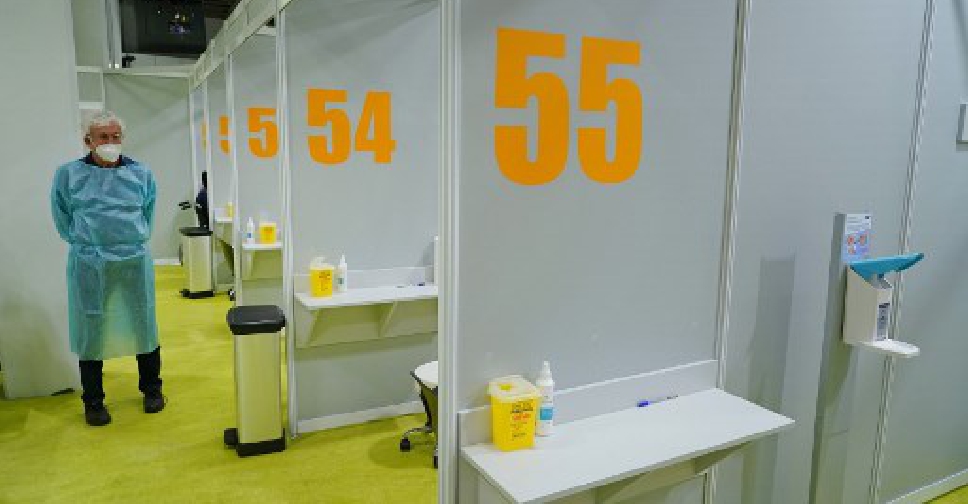
Germany's health minister said new measures would be needed to slow the spread of new, more infectious variants of the coronavirus, including more health checks for cross-border commuters and intensified gene sequencing of virus samples.
In future, health labs will have to sequence 5% of the samples they collect when screening for the coronavirus to check if they match more virulent strains first identified in Britain and South Africa, or if new strains were emerging in Germany.
National and regional leaders are due to meet on Tuesday to decide on new measures designed to contain the pandemic, which has devastated Europe's largest economy.
"The (infection) numbers seem to be decreasing, which is good, but we are still a long way from where we want to be," health minister Jens Spahn told broadcaster ARD.
New coronavirus infections have been decreasing in recent days and the occupancy of intensive care beds by COVID-19 patients has declined by 10-15%, according to Spahn, who said intensified testing of cross-border commuters should be introduced to help prevent new strains entering Germany.
Finance Minister Olaf Scholz told public broadcaster RBB on Monday he could imagine extending the current lockdown by two weeks until mid-February.
Stricter requirements for companies to allow staff to work from home, compulsory wearing of heavy duty FFP2 masks in certain areas, restrictions on public transport and the introduction of curfews are being debated.
The number of confirmed coronavirus cases in Germany rose by 7,141 to 2,040,659, data from the Robert Koch Institute (RKI) for infectious diseases showed on Monday. That was more than 5,000 down from the week before. The reported death toll rose by 214 to 46,633.


 Trump urges Hamas to accept 'final proposal' for 60-day Gaza ceasefire
Trump urges Hamas to accept 'final proposal' for 60-day Gaza ceasefire
 Paramount settles with Trump over '60 Minutes' interview for $16 million
Paramount settles with Trump over '60 Minutes' interview for $16 million
 Putin, Macron discuss Iran, Ukraine in first phone call in nearly 3 years
Putin, Macron discuss Iran, Ukraine in first phone call in nearly 3 years
 US Senate passes Trump's tax-cut, spending bill; sends to House
US Senate passes Trump's tax-cut, spending bill; sends to House
 France shuts schools as heatwave grips Europe
France shuts schools as heatwave grips Europe




